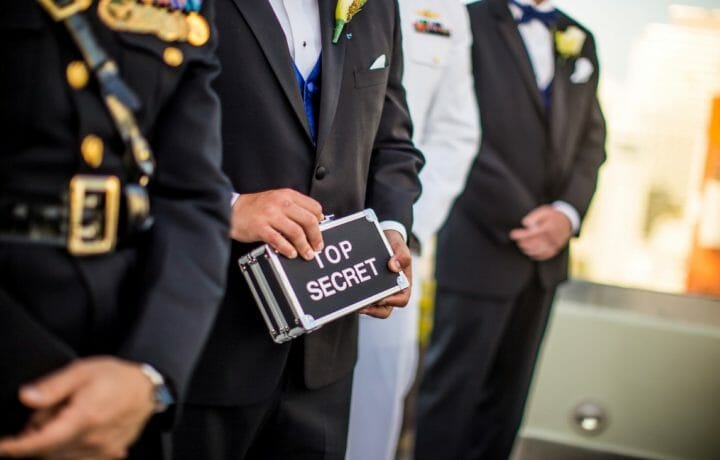The SF-86 security clearance application is 127 pages and covers an enormously broad amount of information going back 7 years, 10 years, or even a lifetime, depending upon the category of information at issue.
With all that information being requested, it is entirely natural for security clearance applicants – particularly those who have lived or worked many places – to draw a mental blank on certain details. Some of the more common examples are:
- You can’t remember the address of a short-term rental or other transitory lodging
- You can’t remember contact information for a former neighbor or colleague
- Your memory is hazy on the dates of your foreign travel
In those, or many other similar circumstances, what is a diligent security clearance applicant to do?
One would think this to be obvious, but what you definitely shouldn’t do is make-up an answer. I say “one would think” because I’ve actually seen people do it.
On the other hand, you also shouldn’t simply leave the question blank. It’s been a while since I filled out an SF-86, but my recollection is that the e-QIP system does not allow a user to proceed to the next section until all relevant answers have been provided in the prior section. If that’s not the case currently – or in the extremely rare situation that a paper SF-86 is being used – the inclination may be to simply not provide a required answer to the parent question that then generates the problematic sub-question. (Example: not listing dates of a residence at all because you can’t remember the address; or, ‘fudging’ the dates of other residences to obscure an intervening one).
Instead, in situations like this where you legitimately cannot remember something like an address, date, or phone number, “Not Recalled” is a legally appropriate – indeed, the only appropriate – answer. If necessary, the comments sections on the SF-86 can also be useful for providing an explanation to reinforce your good-faith lack of knowledge. (Example: “I don’t have a means of contact for this former manager, as he is no longer employed at the location”).
Of course, this all presumes that the information you are claiming not to recall is objectively reasonable. Saying you “don’t recall” being arrested, sued, or fired from a job is probably not going to pass that test. And, yes, I’ve seen people try that too.
This article is intended as general information only and should not be construed as legal advice. Consult an attorney regarding your specific sit



